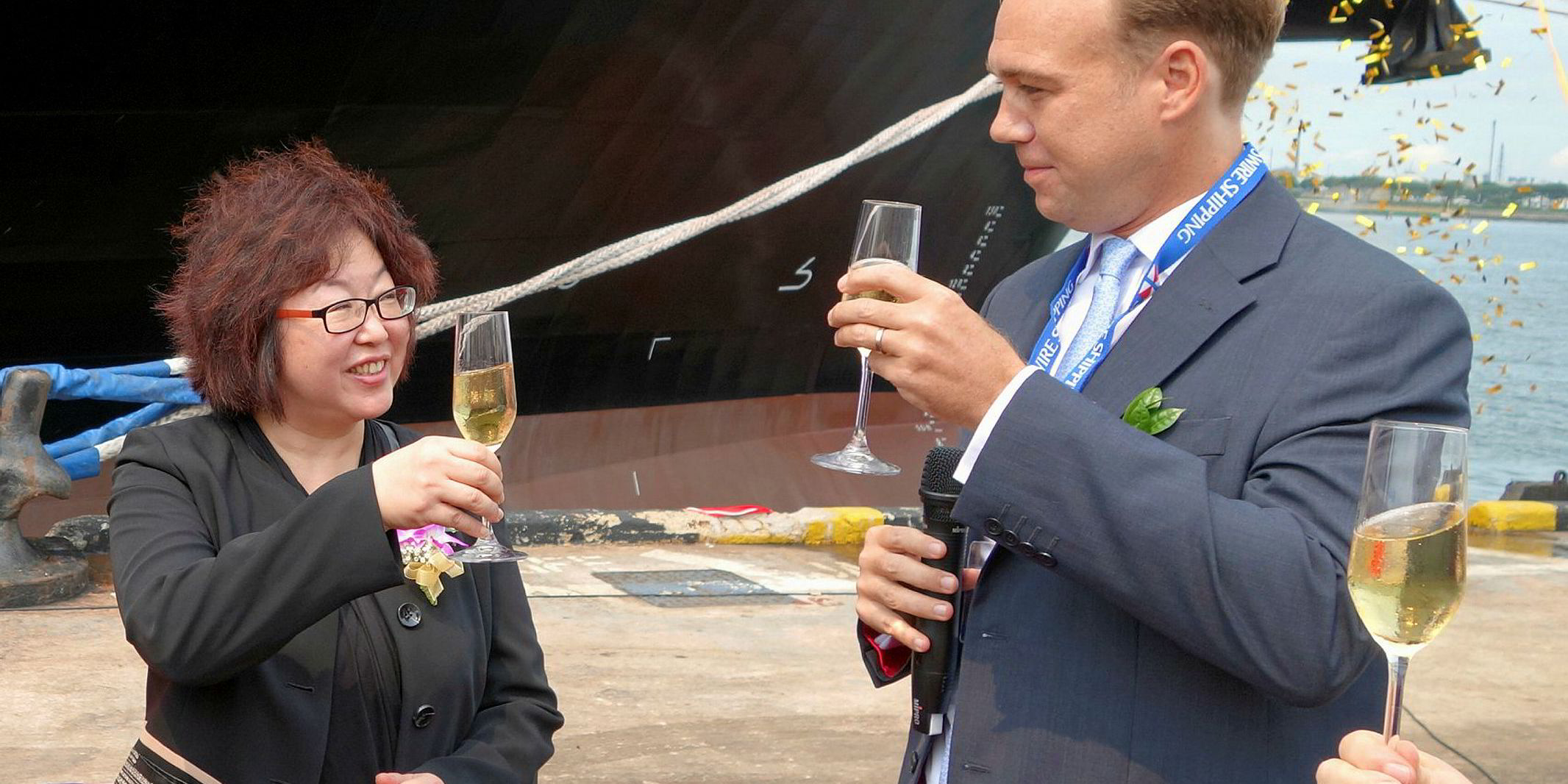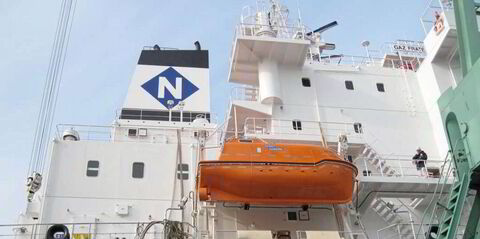Attracting foreign shipping companies to Singapore has been a key factor in its growth into an international maritime center.
Tan Beng Tee, the assistant chief executive of development at the Maritime and Port Authority of Singapore (MPA), believes this trend reflects a global change and is not just specific to the city state. She points out that widespread industry consolidation has led to a reduction in the number of owners across the board.
“If you look worldwide, there are no new shipowners coming into the industry," she says. "The new companies we see are usually started by people who have left other companies to start on their own, or are trading companies that are setting up their own shipping arm.
“We have a good share of local companies that are doing well. Perhaps high capital costs are what are preventing new shipowner-operators from coming up.”
With Singapore firmly established with a mature shipowning and services cluster, Tan says the MPA has started the next phase of development to keep the Lion City firmly on the global shipping map.
“Our vision for Singapore as an IMC [international maritime centre] is for it to be a global maritime hub for connectivity, innovation and talent,” she says.
“We need to deepen and expand the cluster to take into account what is happening in the world. We must be able to plug ourselves into the changes happening in supply-chain management, technology, connectivity and finance.”
Singapore has been playing an active role in the technology development through funding research and design, along with start-ups. Often, this is a collaborative undertaking involving the government, learning institutions and the private sector. The maritime sector, through the MPA, has been a strong beneficiary of this initiative, with programmes covering everything from technical ship and equipment design to blockchain and other digital developments pertinent to the industry.
Shipping is notoriously slow to embrace change, and Tan suggests that weary or reluctant companies start with small steps.
“It doesn’t have to be high-brow,” she says. “Simple things like improving processes and reducing paperwork through technology free up the bandwidth of your people and allow them to focus on higher-value work.”
According to Tan, Singapore’s push to transform shipping through technology is boosting involvement of locals in the maritime sector as companies and start-ups focused on the IT sector are entering the maritime space to provide technical solutions based on the industry’s needs.




